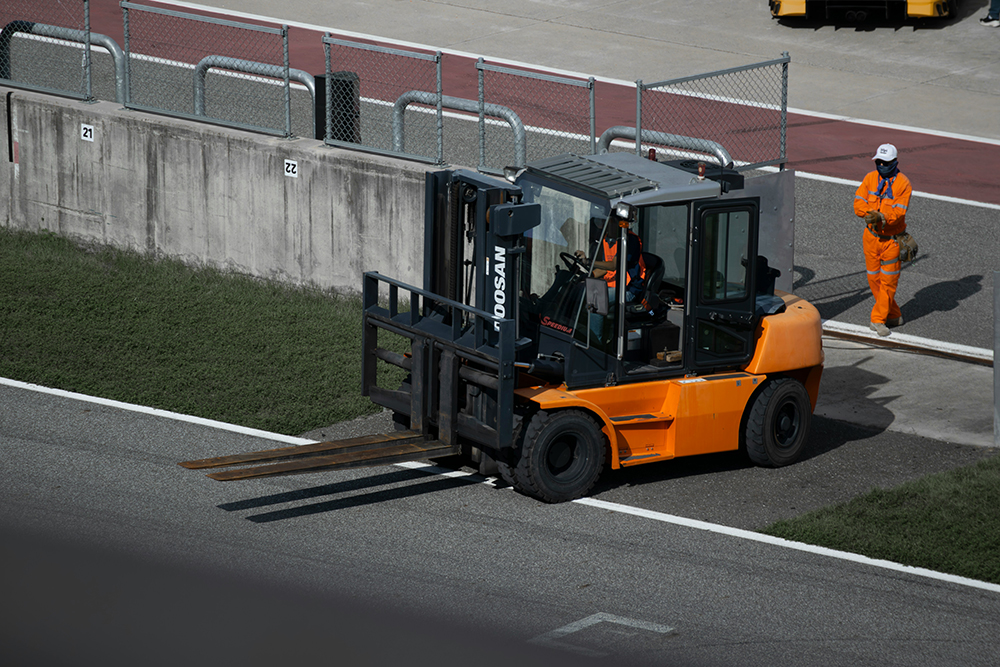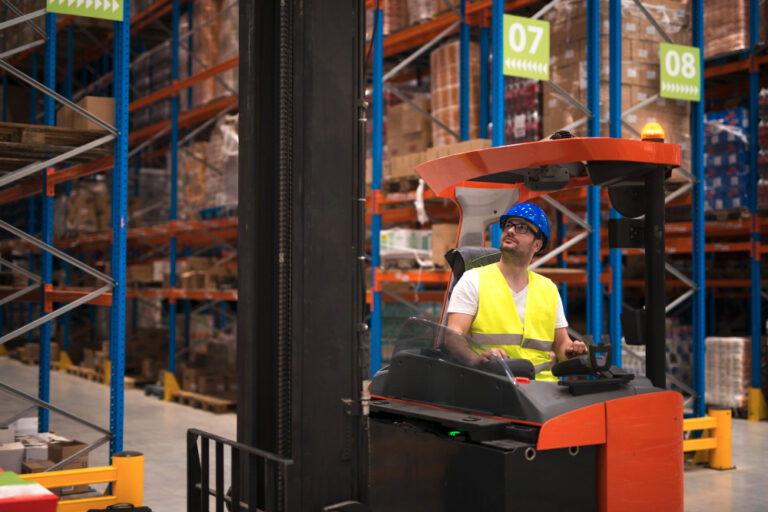
As the material handling industry evolves, one of the most significant advancements influencing forklift performance and overall cost of ownership is battery technology. With the increasing shift from internal combustion models to electric alternatives, businesses are looking closely at how different battery options impact efficiency, downtime, and fleet longevity.
At Toyota Material Handling Australia (TMHA), we continue to see battery technology play a transformative role in how customers evaluate forklifts for sale, especially when long-term performance and sustainability are key considerations.
From Lead-Acid to Lithium-Ion: A Shift in Power
While lead-acid batteries have long been the standard in electric forklifts, lithium-ion technology is rapidly gaining traction. These modern batteries deliver several critical advantages over traditional options:
- Faster charging times
- Longer operational life
- Zero maintenance requirements
- Improved energy efficiency
The transition to lithium-ion is especially valuable in high-throughput operations, where minimising downtime is essential to maintaining productivity.
Performance Advantages Across the Board
Battery-powered forklifts offer smoother acceleration, quieter operation, and consistent performance throughout the charge cycle. This not only supports operational efficiency but also reduces operator fatigue—an often-overlooked factor in daily warehouse performance.
Modern battery systems also support intelligent diagnostics, enabling proactive maintenance scheduling and real-time data analysis on battery health, charge cycles, and runtime.
Extending Forklift Lifespan with the Right Battery Tech
The choice of battery directly affects the lifespan of a forklift. While lead-acid models typically require replacement every 1,000 to 1,500 charge cycles, lithium-ion batteries can deliver more than 3,000 cycles, often outlasting the forklift itself when properly managed.
This extended battery life translates to fewer replacements, reduced labour for battery changes, and more predictable cost planning—an important consideration for businesses comparing forklifts for sale and evaluating long-term value.
Environmental and Operational Efficiency
Battery technology also plays a role in reducing environmental impact. Lithium-ion systems eliminate the need for acid and water maintenance, reduce energy waste during charging, and support a lower overall carbon footprint. These benefits align with the growing demand for sustainable operations in logistics, warehousing, and manufacturing.
TMHA’s Approach to Future-Ready Forklift Solutions
As a market leader in materials handling, Toyota Material Handling Australia offers a wide selection of electric forklifts powered by advanced battery systems. From entry-level solutions to high-capacity models, our range includes electric forklifts designed for performance, reliability, and lower total cost of ownership.
Customers exploring forklifts for sale will find battery innovation at the core of our electric models—supported by trusted Toyota durability and nationwide service.
Learn More
To explore how battery technology can enhance your fleet’s performance and lifecycle value, visit Toyota Material Handling Australia. For expert advice on selecting the right forklift for your operation, contact Toyota Material Handling Australia today.




